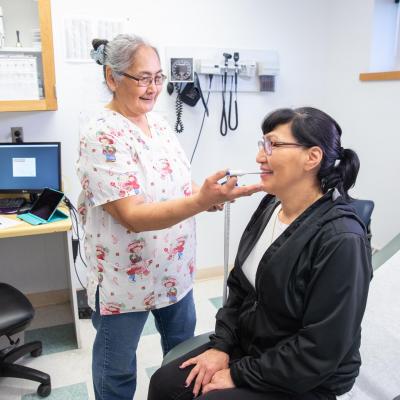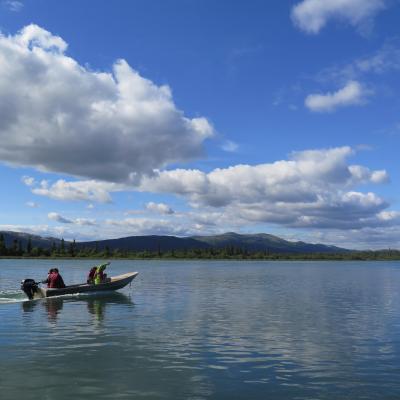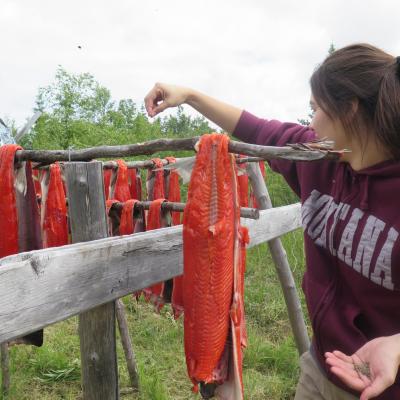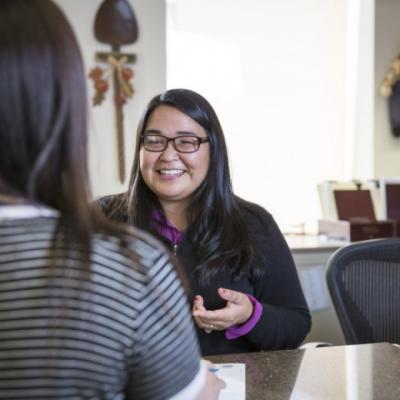Indigenous populations throughout the United States experience some of the greatest health inequalities. This project is the first US collaboration delivering health-impacting civil legal assistance to a target population of economically vulnerable indigenous individuals, specifically targeting remote and rural areas. PNH addresses indigenous peoples social determinants of health by using legal empowerment and education as a tool to improve the health and safety of tribal members, and establishing culturally appropriate locally based networks of civil legal attorneys embedded in the tribal health care delivery system.
Challenge
Indigenous communities throughout Alaska, and the rest of the United States, are often in very remote locations where access to basic services are limited. These communities are off the road-system, where there are enormous barriers to accessing to the justice system. It is estimated that 80% of low-income Americans do not seek help for their legal needs, and those who do seek assistance, 50% of them are turned away by legal aid providers due to lack of resources. PNH is breaking the current service delivery model to penetrate deeper into communities that are currently un- and under-served.
Program Summary
Partnering for Native Health (PNH) is a cross-sector collaboration using health care, legal aid, education and technology to address unmet civil legal needs of indigenous individuals in remote locations in Alaska and the United States. By embedding culturally-appropriate community-based legal aid extenders into the health system, PNH seeks to empower communities to resolve health-impacting legal needs.
Impact
In the first two years of operation, Alaska Legal Services Corp (ALSC) has experienced a 6:1 return on investment. Reaching an additional 1,447 indigenous people in 107 communities, additionally the program has generated $2.6 million in economic benefits for local communities and $635,542 savings in costs related to emergency shelters and domestic violence.
Anticipated Issues
PNH will continue to collect data and assess the effectiveness of the project and look to expand to other marginalized communities.





